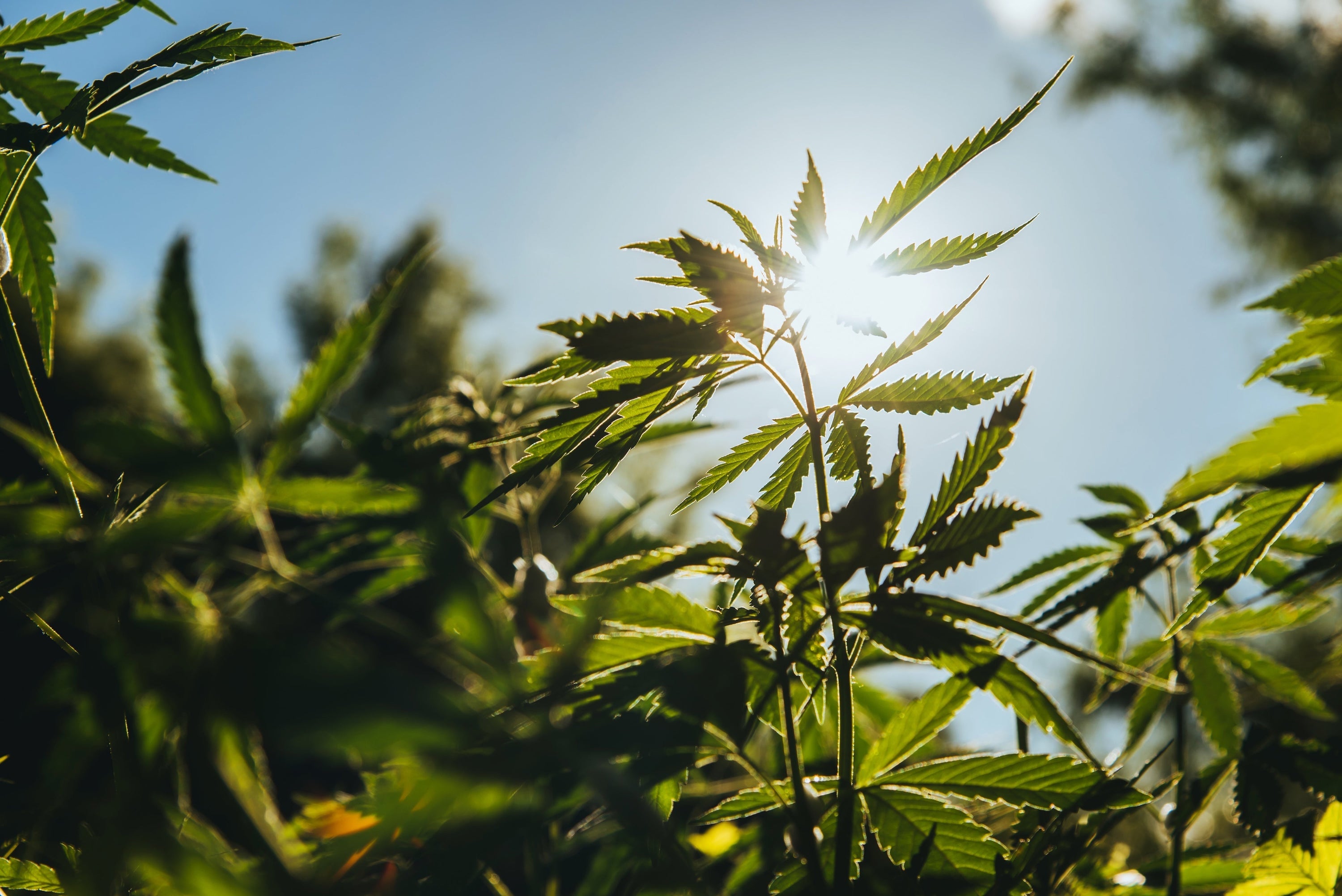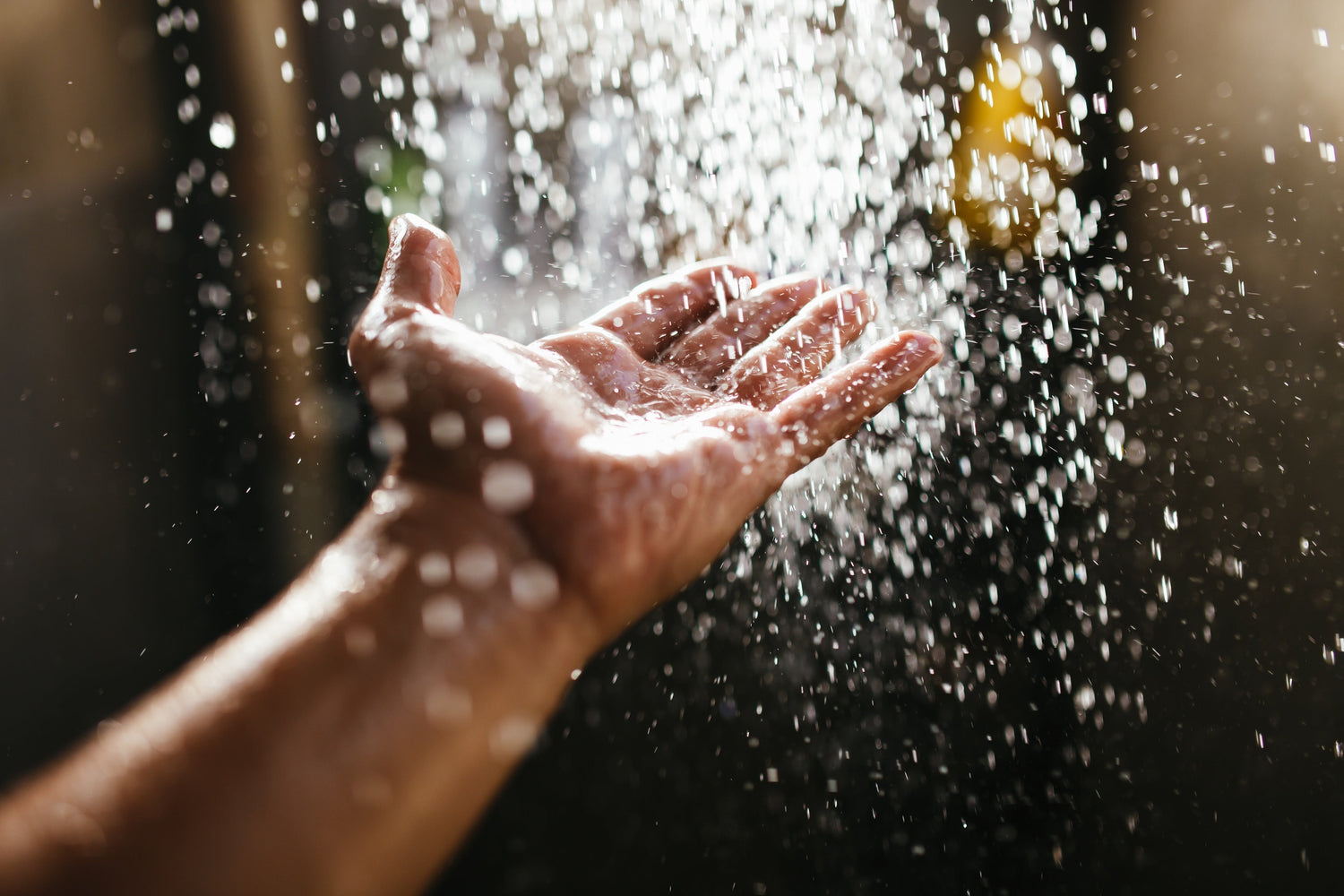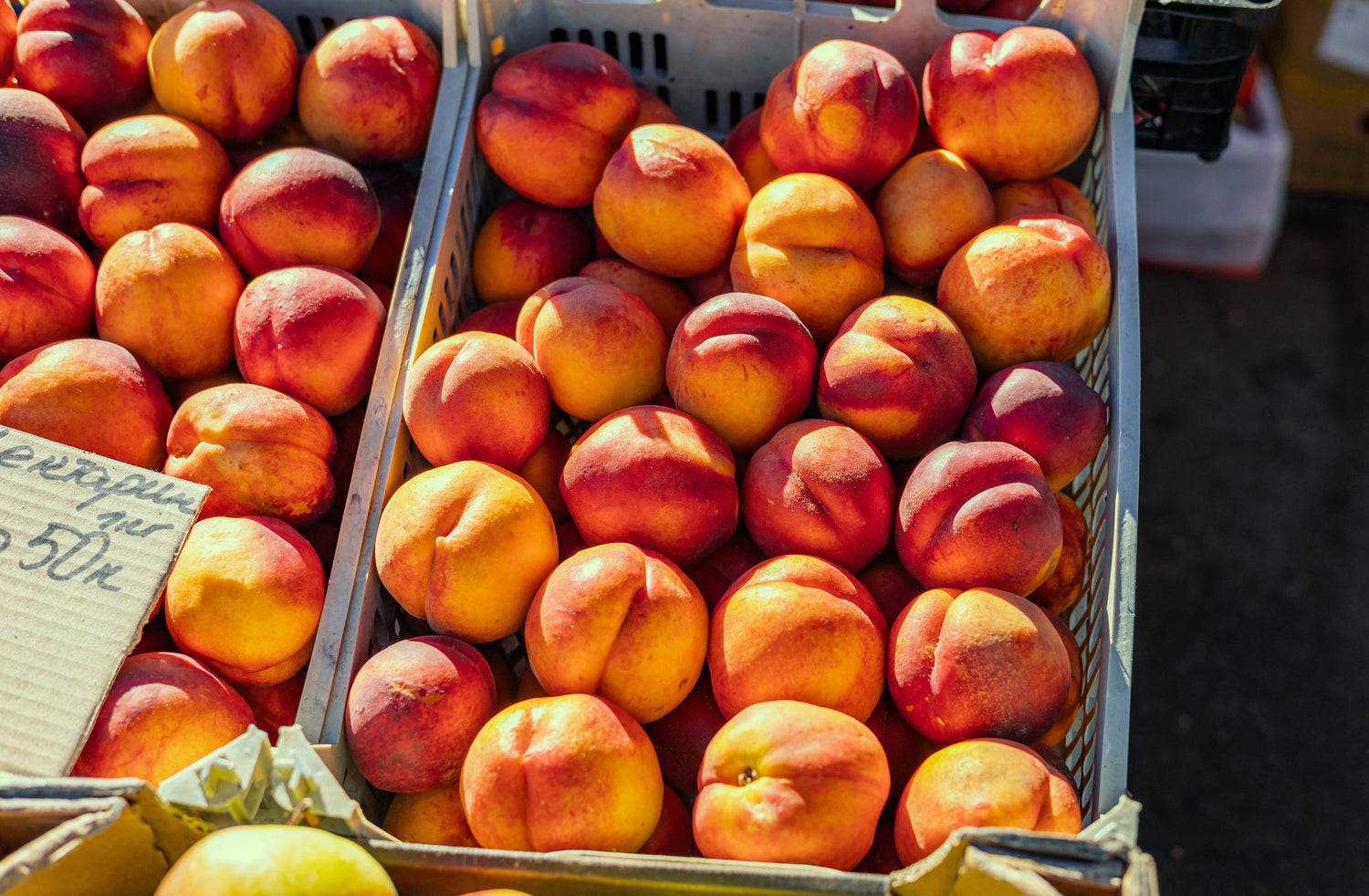In the span of just a few years, CBD has taken the wellness industry by storm. Its potential to enhance mood, promote balance, and even offer a natural alternative to pharmaceuticals has captured the attention of the scientific community and consumers alike. This surge in popularity has, of course, brought with it a wave of questions.
Prima is here with answers.
Understanding cannabidiol’s properties, prospective benefits, and safe usage is crucial for those who are considering incorporating it into their wellness routines. Below, we explore its complexities and the possibilities CBD offers for beauty, balance, and beyond as elucidated in recent scientific research.
Let's Cover The Basics: What is CBD?

CBD, short for cannabidiol, is a phytocannabinoid. Think of it like a little chemical building block derived naturally from the cannabis plant.
Now, when most people hear "cannabis," they think of the Schedule 1 Substance known as marijuana and its famously psychoactive effects. And to be clear, CBD is in marijuana. But it's also in legal hemp, just like another compound called THC.
So let's clear up a few things.
Here's the crucial distinction between THC and CBD: CBD won’t make you “high.” We'll get into its exact effects later, but this is really all you need to know for now.
So, what about hemp vs. marijuana? These are simply two types of cannabis differentiated by their legality and concentration of THC.
Hemp naturally has very, very low levels of THC – less than 0.3%, to be exact. But it's very rich in CBD. Because CBD is always sourced from hemp plants, products containing CBD are federally legal in the US, thanks to the provisions of the 2018 Farm Bill.
As you probably guessed, marijuana is higher in THC and remains illegal on a federal level.
Today, you can access a wide variety of hemp-derived CBD products with different uses. CBD bath bombs, face creams, and even full-spectrum CBD edibles are legal for purchase. But how do they work?
Understanding CBD’s Mechanisms of Action and the Endocannabinoid System
Cannabis plants produce over 100 diverse phytocannabinoids, including THC and CBD. But did you know that the human body also produces similar compounds called endocannabinoids? It turns out that these natural chemicals play a vital role in our health and well-being, which CBD may help support.
They are part of our endocannabinoid system (ECS), a vast network of chemical messengers and receptors involved in various pathophysiological processes. Discovered only in 1988, the ECS is the unsung hero of the human body, helping to regulate our most critical functions like sleep, appetite, pain perception, learning, and memory.
Endogenous cannabinoids like Anandamide (AEA) and 2-Arachidonoylglycerol (2-AG) work around the clock to maintain a state of homeostasis by binding to cannabinoid receptors (primarily CB1 and CB2) throughout the body. Think of these receptors like docking stations. Once the endocannabinoids have done their job, enzymes swoop in and break them down. It's a beautifully orchestrated system.
How does this all relate to CBD? Well, what's fascinating is that the same receptors that your body's endocannabinoids activate can also be activated and modulated by phytocannabinoids. While scientists are still fully unraveling exactly how CBD works, current research points to several key ways it interacts with your system, whether consumed orally or applied topically.
Indirect Influence on CB Receptors
Unlike THC, CBD doesn't directly bind strongly to the main cannabinoid receptors, CB1 and CB2. Instead, it seems to influence them indirectly. This helps to explain why THC tends to result in more intense experiences while CBD does not. That said, many people find that CBD can still lead to a pleasant experience, characterized by a better mood and less tension.
Inhibiting Endocannabinoid Breakdown
CBD can help your body hold onto its own endocannabinoids by blocking enzymes like FAAH that break them down. This means you have more of your natural cannabinoids available to do their important work in the ECS.
Fine-Tuning the System
By modulating their activity, CBD acts like a volume knob for the CB1 and CB2 receptors. It can change their shape, which affects how well they bind with endocannabinoids or even THC, sometimes softening THC's effects.
Going Beyond the Usual Suspects
CBD’s influence doesn’t stop at the endocannabinoid system. Researchers have identified more than 65 molecular targets of CBD that help to explain its therapeutic potential.
- CBD has been shown to activate the 5-HT1A serotonin receptor, which is involved in mood, anxiety, sleep, and pain perception.
- CBD can interact with TRPV1 receptors, which are involved in inflammation and body temperature regulation.
- Some research suggests CBD can block GPR55 receptors, which are involved in blood pressure, bone density, and cancer cell proliferation.
- CBD may activate PPARs, which are involved in various metabolic functions and have anti-inflammatory effects.
So, What Good is CBD? Exploring the Potential Benefits
The way CBD works in the body opens the door to a host of potential therapeutic applications. Two areas that are generating significant interest are stress management and acne reduction.
Think about it: when you're under pressure, your brain can go into overdrive, activating the "fight or flight" response. CBD seems to intervene by calming this autonomic arousal, which could explain its potential to reduce conditioned fear and lessen the burden of stress.
Looking at the skin, research indicates that CBD has lipostatic effects, meaning it might help regulate oil production. Additionally, it appears to slow down the multiplication of oil-producing cells and combat substances that contribute to acne, suggesting it could be a valuable tool in managing breakouts.
It's important to keep in mind that while these early results are promising, further clinical studies are necessary to solidify these claims and understand the full picture.
How Will CBD Make Me Feel? Let's Get Into the Effects
Besides being non-psychoactive, CBD affects everyone a little differently. It's not like taking a painkiller where you expect a specific, predictable outcome. Because of our unique body chemistry, CBD might make one person feel more relaxed, while another might surprisingly feel a bit more energized. Method of consumption (inhalation, ingestion) and dosage also affect these experiences.
Sometimes, the effects are subtle, and you might only notice what isn't happening – like less stress or better sleep – rather than feeling a strong, immediate sensation. Over time, many people find that CBD helps them sleep more soundly and navigate stressful situations with greater ease. It's often described as a gentle nudge towards balance.
Putting it On vs. Taking it In: Topical vs. Oral Use

As mentioned above, how you use CBD can also influence how it affects you. When you apply CBD directly to a specific area of your body – like our R&R Extra Strength Cooling Rub or Skin Therapy Ultra-Rich CBD Body Butter– it might offer targeted relief from discomfort right in that spot.
Because topical CBD is absorbed through the skin, it's generally understood to have a more localized effect, with less impact on your whole system compared to taking CBD orally (like capsules, oils, or gummies) or inhaling it. This targeted approach makes these creams and balms a promising option for addressing specific skin concerns.
Okay, I'm Interested. But How Much CBD Should I Take?
This is another common question, with no easy answer. While CBD is generally considered safe, even at higher doses, there's no one-size-fits-all approach to dosing. Our bodies are all unique, and we'll all respond to CBD a little differently.
The best way to find your sweet spot is to start small and go slow. A good starting point is often around 5 mg at a time. Pay close attention to how you feel after taking it and gradually increase the amount until you find what works best for you. Keeping a little journal or just mentally noting any changes you experience can be really helpful in figuring out the ideal CBD serving size for your individual needs. It's all about listening to your body and finding what resonates with you.
Ready to Tap Into the Potential of CBD?

When life throws challenges our way, whether they're external pressures or internal imbalances, our body's endocannabinoid system (ECS) kicks in to help us regain stability. CBD, along with other plant-based cannabinoids, can support a resilient ECS, helping us manage the ups and downs of life.
At Prima, we're passionate about harnessing the power of nature to help you find your balance. That's why we've thoughtfully incorporated organic CBD oil into our range, from our rejuvenating Night Magic facial oil to our indulgent Bath Gems. Ready to experience the benefits of CBD firsthand? Explore our collection of meticulously crafted CBD products – we're confident you'll feel the Prima difference.
Disclaimer
The information provided in this content is for general knowledge and educational purposes only and should not be considered medical advice. Our products are not intended to diagnose, treat, cure, or prevent any disease or medical condition. Individual results may vary. Always consult with a qualified healthcare professional before using CBD or any hemp-derived products, especially if you have underlying health conditions, are pregnant or nursing, or are taking prescription medications.





